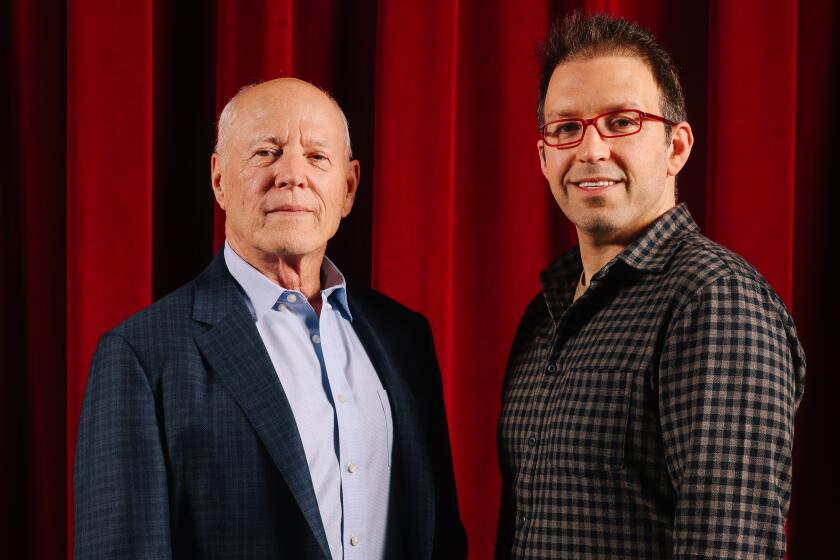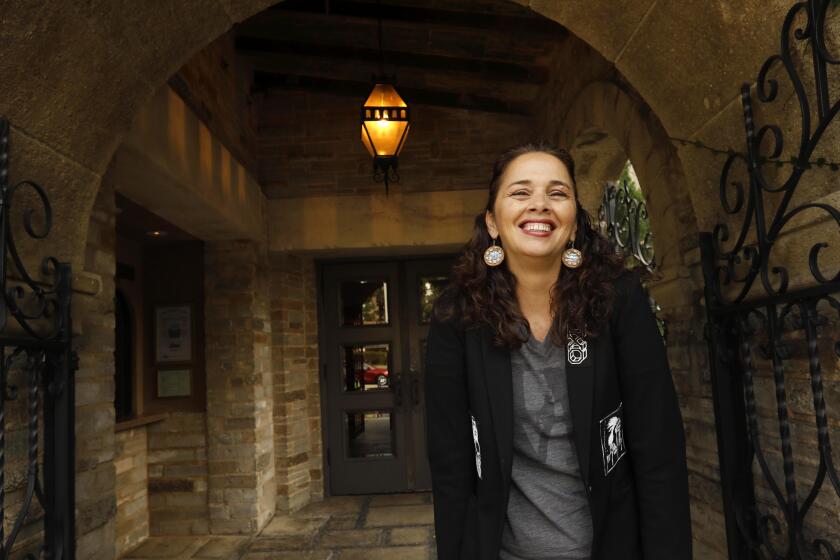Brendel Concludes Beethoven Sonata Series
Ending a journey of discovery for himself and his loyal audience, Alfred Brendel played his seventh and final installment in a four-season traversal of Beethoven’s 32 piano sonatas, Tuesday night in the Dorothy Chandler Pavilion.
This was a serious undertaking, but not pompous or pretentious. Brendel, who has played the Beethoven sonata canon regularly--and recorded it, too--over four decades, seems to reinvent his thoughts on these living works with clear eyes and ears each time.
The closing recital offered the final works in the form, Opus 109, Opus 110 and Opus 111. For those hearing this music for the first time, as well as for those who know the pieces by heart, Brendel achieved revelations within the Urtext, delivering the original notes on paper as well as the results of a lifetime of probing.
The E-major Sonata emerged most directly in these performances, the opening vivace virtually matter-of-fact, an antidote to the over-colored fevers others have uncovered there. The majesty in the final movement, achieved through lyric concentration and utter control, proved touching as well as memorable.
Brendel revealed the many faces of Opus 110, from pure song to strict fugue, the song becoming analytical and pristine, the fugue rising into seraphic cantilena.
The C-minor Sonata, containing Beethoven’s final surprises in this oeuvre, came through as a hard look at familiar music: Brendel found the opening movement inexorable rather than belligerent, the Arietta provocative and troubled rather than settled and songful. Some others make Opus 111 bluster and bliss; Brendel rejected such an approach in favor of emotional directness.
Brendel’s single encore was Ferruccio Busoni’s transcription of Bach’s chorale prelude, “Nun komm der Heiden Heiland” (Now Comes the Savior of the Heathen).
More to Read
The biggest entertainment stories
Get our big stories about Hollywood, film, television, music, arts, culture and more right in your inbox as soon as they publish.
You may occasionally receive promotional content from the Los Angeles Times.






